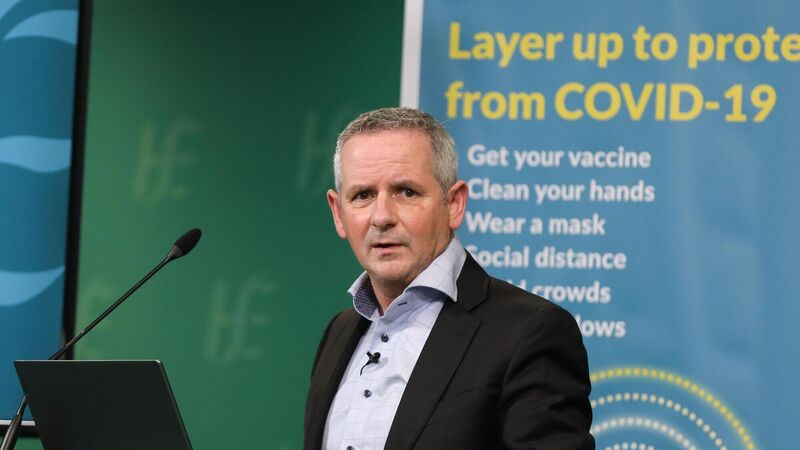Hospitals under pressure even in most optimistic Omicron scenario — Paul Reid

Director-general of the HSE Paul Reid said the booster campaign was a pre-emptive attack to reduce the impact of Omicron.
The director-general of the HSE Paul Reid has acknowledged that even the “optimistic” modelling for the spread of the Omicron variant has indicated levels of the virus that would put hospitals under pressure.
The variant now accounts for 27% of all new Covid-19 infections here, up from just 1% of new cases last week. It is likely to become the dominant variant within a matter of days.










